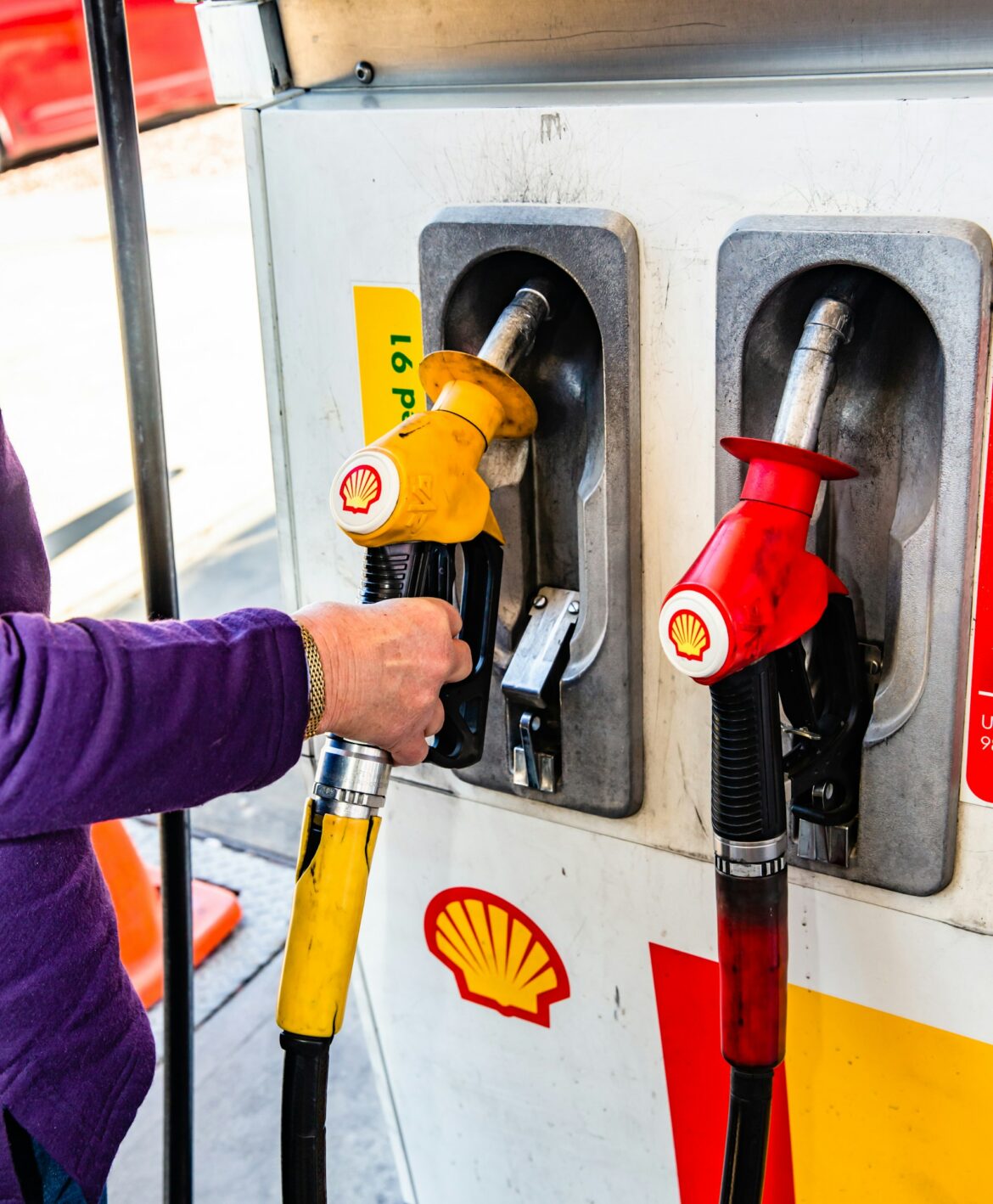The annual inflation rate edged up to 1.9% in January, slightly higher than December’s 1.8% increase, as rising energy costs offset declines in food prices, according to new data from Statistics Canada.
The biggest driver of inflation last month was the 5.3% jump in energy prices, with gasoline prices surging 8.6% year over year. Manitoba saw the sharpest increase at 25.9%, following the reintroduction of the provincial gas tax at a reduced rate after a temporary suspension in 2024. Natural gas prices also rose, up 4.8% from a year ago, with British Columbia seeing the largest increase at 12.8%.
Meanwhile, food prices saw a rare decline, dropping 0.6% compared to January 2024—the first year-over-year decrease since 2017. Restaurant food prices fell 5.1%, a record decline, influenced by the ongoing impact of the federal GST/HST tax break introduced in December.
The tax break also contributed to price drops in other areas, including alcoholic beverages (-3.6%) and toys and hobby supplies (-6.8%). The federal government’s temporary tax exemption, which affected roughly 10% of the Consumer Price Index (CPI) basket, remained in effect until mid-February.
Vehicle prices showed mixed trends. While new car prices climbed 2.3% in January, used vehicle prices continued their downward trajectory, falling 3.4% year over year—the 13th consecutive month of decline.
On a monthly basis, the CPI rose just 0.1% in January, following a 0.4% drop in December. Seasonally adjusted, the increase remained modest at 0.1%.
Inflation trends varied across provinces, with prices rising at a faster pace in six provinces, holding steady in two, and declining in the remaining two. Manitoba and Saskatchewan saw the most significant increases, driven largely by energy costs.
Statistics Canada will release February’s inflation data next month, with continued monitoring of tax changes and their effect on consumer prices.





